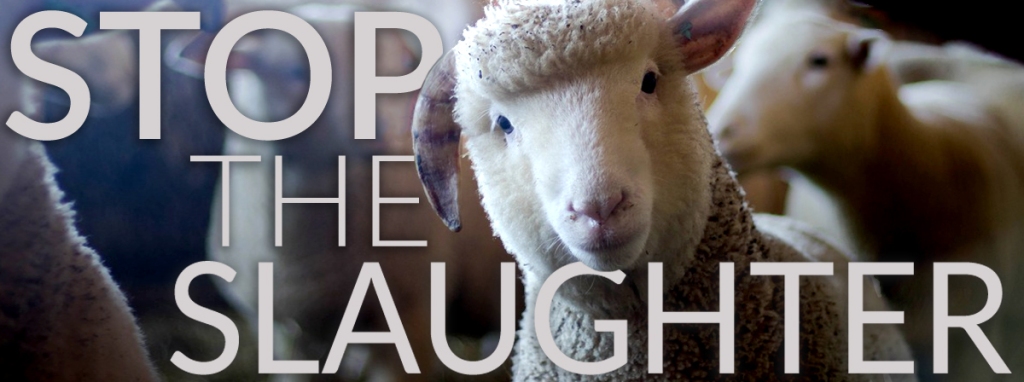The House farm bill fails 195-234. So what happens next?

Wikimedia Commons
Source The Washington Post
By Brad Plumer
The House just voted down the five-year, $940 billion farm bill on the floor. The final tally: 195 yeas and 234 nays. This was unexpected, to say the least. Farm bills have historically sailed through Congress without too much trouble.
Yet the House farm bill, supported by the GOP leadership, has faced a particular dilemma. Most Democrats opposed the revised version because it cut spending on food stamps for low-income families by $20.5 billion over the next 10 years.
On the other hand, many conservative Republicans also opposed the bill because it didn’t cut spending enough. Squeezed on both sides, the bill failed after House Speaker John Boehner brought it up for a vote.
So what happens next? The White House, recall, had already threatened to veto the House farm bill because of its cuts to food-stamp programs. So it likely wasn’t going to become law anyway. But if the House bill had passed, Republicans could have at least gone to conference and tried to reconcile it with the $955 billion Senate version, which contained far lighter cuts to food-stamps funding.
So now House Republicans will either have to start over — or, possibly, go to conference without a bill and try to negotiate something with the Senate. (Update: As Deron Lovaas reminds me, this is basically what happened when the House failed to pass a highway bill last year. House lawmakers would still have to approve whatever bill comes out of conference, however.)
And what if Congress can’t pass any farm bill at all? In theory, the country would eventually revert to the agricultural rules written back in 1949, when the last permanent farm bill was enacted (subsequent bills have all been temporary). That 1949 act was crafted for a very different United States, with smaller crop production and higher consumer prices. So, for instance, dairy prices would skyrocket once outdated price supports came back into effect.
There was a real possibility of a lapse last fall, when Congress failed to agree on a new farm bill in 2012. (Here’s a primer on all the weird things that were poised to happen.) Back then, Congress temporarily sustained most of the existing farm programs for another year through continuing resolutions and the fiscal-cliff deal. This time around, either Boehner figures out how to pass a farm bill, or lawmakers will need to start looking at temporary fixes. Or we party like it’s 1949.
Further reading:
–What the Senate farm bill does. What the House farm bill does.
– Here’s what happens when the farm bill expires and we revert to 1949 law.
here we sit,
captive on your
human farms.
praying that we
will not come to
any harm.
Karen Lyons Kalmenson













































Shame, shame on them!
LikeLike
It’s actually good. The King amendment would have been dangerous to animals, and since it has failed, that gives another opportunity to wipe it out completely.
LikeLike
here we sit,
captive on your
human farms.
praying that we
will not come to
any harm.
LikeLike
Reblogged this on Sherlockian's Blog and commented:
The failure of the bill indicates a welcome and positive change in our mindset. Hope this continues and improves for the sake of our animal friends.
LikeLike
Wonderful, thank you, B2B.
LikeLike